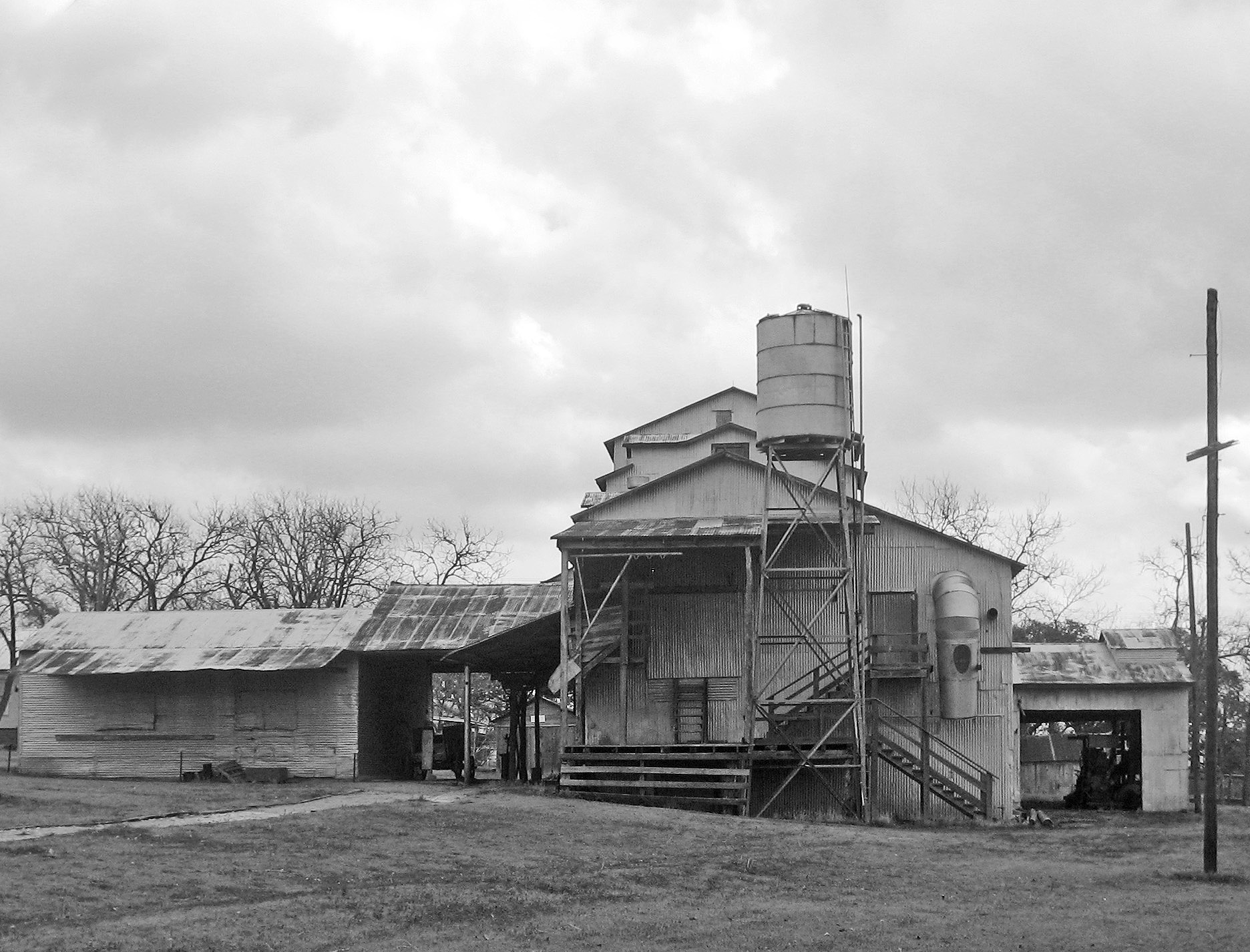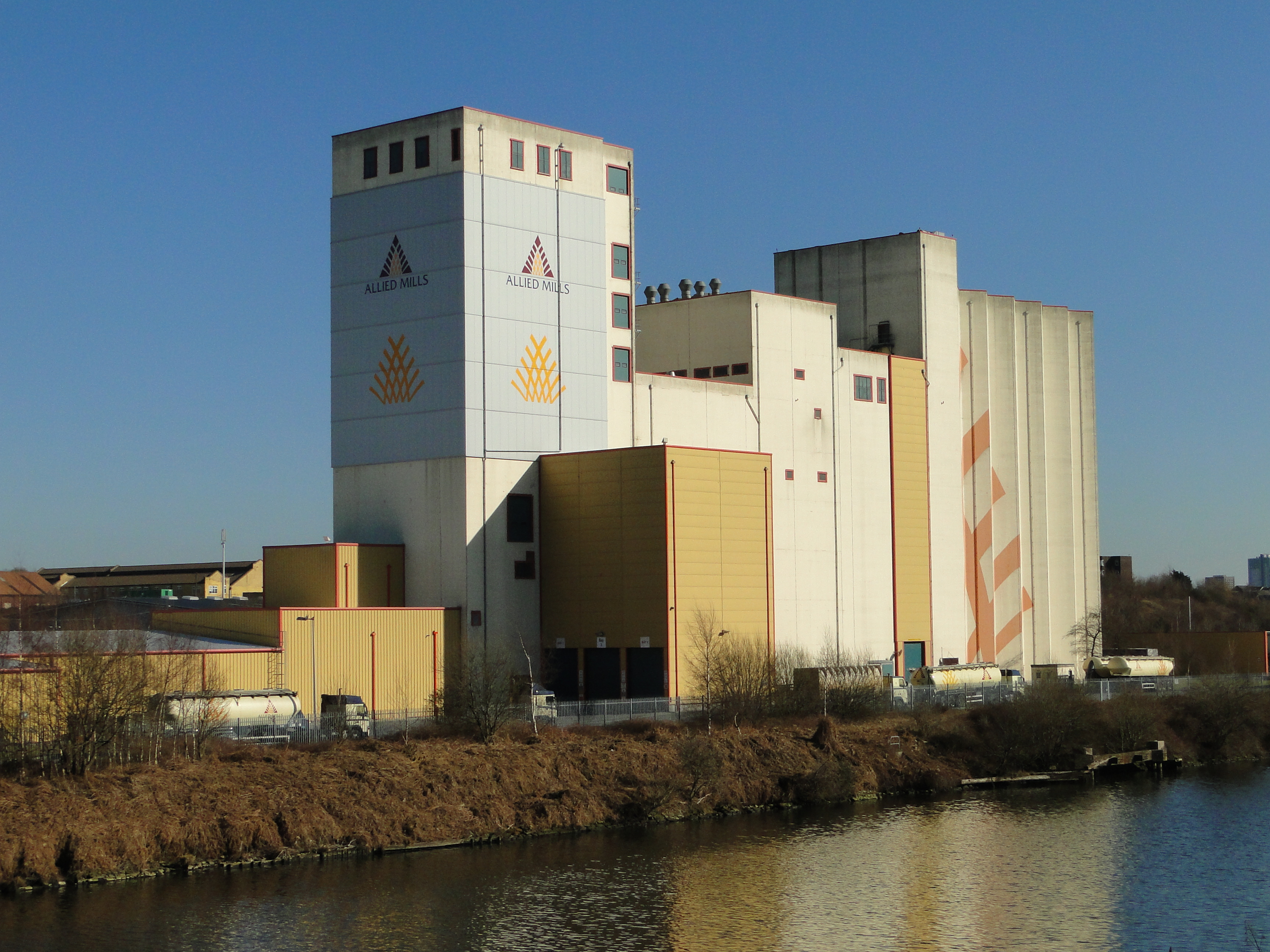|
Lynchburg, Tennessee
Lynchburg is a city in the south-central region of the U.S. state of Tennessee. It is governed by a consolidated city-county government unit whose boundaries coincide with those of Moore County. Lynchburg is best known as the location of Jack Daniel's, whose famous Tennessee whiskey is marketed worldwide as the product of a city with only one traffic light. Despite the operational distillery, which is a major tourist attraction, Lynchburg's home county of Moore is a dry county. The population was 6,461 at the 2020 census. Lynchburg's connection to Jack Daniel's is spoofed in a 2018 national television commercial in which the city is nominated for an NBA franchise. Lynchburg is part of the Tullahoma-Manchester micropolitan area. The downtown area is listed on the National Register of Historic Places as the Lynchburg Historic District. History White settlers first arrived in the Lynchburg area around 1801. Main Street was originally the main road, and roughly followed the ... [...More Info...] [...Related Items...] OR: [Wikipedia] [Google] [Baidu] |
Consolidated City-county
In United States local government, a consolidated city-county is formed when one or more cities and their surrounding county ( parish in Louisiana, borough in Alaska) merge into one unified jurisdiction. As such it has the governmental powers of both a municipal corporation and an administrative division of a state. A consolidated city-county is different from an independent city, although the latter may result from consolidation of a city and a county and may also have the same powers as a consolidated city-county. An independent city is a city not deemed by its state to be located within the boundary of any county and considered a primary administrative division of its state. A consolidated city-county differs from an independent city in that the city and county both nominally exist, although they have a consolidated government, whereas in an independent city, the county does not even nominally exist. Furthermore, a consolidated city-county may still contain independent munici ... [...More Info...] [...Related Items...] OR: [Wikipedia] [Google] [Baidu] |
Dry County
A dry county is a county in the United States whose government forbids the sale of any kind of alcoholic beverages. Some prohibit off-premises sale, some prohibit on-premises sale, and some prohibit both. Dozens of dry counties exist across the United States, mostly in the South. A number of smaller jurisdictions also exist, such as cities, towns, and townships, which prohibit the sale of alcoholic beverages and are known as dry cities, dry towns, or dry townships. Dry jurisdictions can be contrasted with "wet" (in which alcohol sales are allowed and regulated) and " moist" (in which some products or establishments are prohibited and not fully regulated, or a dry county containing wet cities). Background History In 1906, just over half of U.S. counties were dry. The proportion was larger in some states; for example, in 1906, 54 of Arkansas's 75 counties were completely dry, influenced by the anti-liquor campaigns of the Baptists (both Southern and Missionary) and Me ... [...More Info...] [...Related Items...] OR: [Wikipedia] [Google] [Baidu] |
Bedford County, Tennessee
Bedford County is a county located in the U.S. state of Tennessee. As of the 2020 census, the population was 50,237. Its county seat is Shelbyville. Bedford County comprises the Shelbyville, TN Micropolitan Statistical Area, which is also included in the Nashville- Davidson- Murfreesboro, TN Combined Statistical Area. History The county was created in 1807 when the citizens of Rutherford County living south of the Duck River and the Stones River successfully petitioned the governor to split Rutherford County in two. The new county was named after American Revolutionary War officer and large landowner in the area, Thomas Bedford. Once the state's largest and most populous county, Bedford County's size (in terms of area) has been steadily reduced since 1809 to form Coffee County, Moore County, Lincoln County, and Marshall County. The county was pro-Confederate during the Civil War, but Shelbyville was mostly loyal to the Union. Confederate general Nathan Bedford For ... [...More Info...] [...Related Items...] OR: [Wikipedia] [Google] [Baidu] |
Lincoln County, Tennessee
Lincoln County is a county located in the south central part of the U.S. state of Tennessee. As of the 2020 census, the population was 35,319. Its county seat and largest city is Fayetteville. The county is named for Major General Benjamin Lincoln, an officer in the American Revolutionary War. History Lincoln County was created in 1809 from parts of Bedford County. The land occupied by the county was part of a land cession obtained from the Cherokee and Chickasaw in 1806. The Lincoln County Process, used in the distillation of Tennessee whiskey, is named for this county, as the Jack Daniel Distillery was originally located there. However, a subsequent redrawing of county lines resulted in the establishment of adjacent Moore County, which includes the location of the distillery. Another distillery opened in Lincoln County in 1997 – the Benjamin Pritchard's Distillery. However, it does not use the Lincoln County Process for making its Tennessee whiskey. When a law was est ... [...More Info...] [...Related Items...] OR: [Wikipedia] [Google] [Baidu] |
Confederate States Of America
The Confederate States of America (CSA), commonly referred to as the Confederate States or the Confederacy was an unrecognized breakaway republic in the Southern United States that existed from February 8, 1861, to May 9, 1865. The Confederacy comprised U.S. states that declared secession and warred against the United States during the American Civil War: South Carolina, Mississippi, Florida, Alabama, Georgia, Louisiana, Texas, Virginia, Arkansas, Tennessee, and North Carolina. Kentucky and Missouri also declared secession and had full representation in the Confederate Congress, though their territory was largely controlled by Union forces. The Confederacy was formed on February 8, 1861, by seven slave states: South Carolina, Mississippi, Florida, Alabama, Georgia, Louisiana, and Texas. All seven were in the Deep South region of the United States, whose economy was heavily dependent upon agriculture—particularly cotton—and a plantation system that relied upon enslaved ... [...More Info...] [...Related Items...] OR: [Wikipedia] [Google] [Baidu] |
War Of 1812
The War of 1812 (18 June 1812 – 17 February 1815) was fought by the United States of America and its indigenous allies against the United Kingdom and its allies in British North America, with limited participation by Spain in Florida. It began when the United States declared war on 18 June 1812 and, although peace terms were agreed upon in the December 1814 Treaty of Ghent, did not officially end until the peace treaty was ratified by Congress on 17 February 1815. Tensions originated in long-standing differences over territorial expansion in North America and British support for Native American tribes who opposed US colonial settlement in the Northwest Territory. These escalated in 1807 after the Royal Navy began enforcing tighter restrictions on American trade with France and press-ganged men they claimed as British subjects, even those with American citizenship certificates. Opinion in the US was split on how to respond, and although majorities in both the House and ... [...More Info...] [...Related Items...] OR: [Wikipedia] [Google] [Baidu] |
Lynchburg, Virginia
Lynchburg is an independent city (United States), independent city in the Commonwealth (U.S. state), Commonwealth of Virginia in the United States. First settled in 1757 by ferry owner John Lynch (1740–1820), John Lynch, the city's population was 79,009 at the 2020 United States census, 2020 census. Located in the foothills of the Blue Ridge Mountains along the banks of the James River, Lynchburg is known as the "City of Seven Hills" or the "Hill City". In the 1860s, Lynchburg was the only city in Virginia that was not recaptured by the Union (American Civil War), Union before the end of the American Civil War. Lynchburg lies at the center of a wider Lynchburg metropolitan area, metropolitan area close to the geographic center of Virginia. It is the fifth-largest Metropolitan statistical area, MSA in Virginia, with a population of 261,593. It is the site of several institutions of higher education, including Virginia University of Lynchburg, Randolph College, University of L ... [...More Info...] [...Related Items...] OR: [Wikipedia] [Google] [Baidu] |
Tannery
Tanning may refer to: *Tanning (leather), treating animal skins to produce leather *Sun tanning, using the sun to darken pale skin **Indoor tanning, the use of artificial light in place of the sun **Sunless tanning, application of a stain or dye to the skin (active ingredient in tanning lotion products is dihydroxyacetone (DHA)). * Physical punishment, metaphorically, such as a severe spanking which leaves clear marks See also *Skin whitening *Tan (color) *Tan (other) Tan or TAN may refer to: Businesses and organisations * Black and Tans, a nickname for British special constables during the Irish War of Independence. By extension "Tans" can now also colloquially refer to English or British people in general, ... * Tannin (other) {{disambiguation ... [...More Info...] [...Related Items...] OR: [Wikipedia] [Google] [Baidu] |
Cotton Gin
A cotton gin—meaning "cotton engine"—is a machine that quickly and easily separates cotton fibers from their seeds, enabling much greater productivity than manual cotton separation.. Reprinted by McGraw-Hill, New York and London, 1926 (); and by Lindsay Publications, Inc., Bradley, Illinois, (). The fibers are then processed into various cotton goods such as calico, while any undamaged cotton is used largely for textiles like clothing. The separated seeds may be used to grow more cotton or to produce cottonseed oil. Handheld roller gins had been used in the Indian subcontinent since at earliest AD 500 and then in other regions. The Indian worm-gear roller gin, invented sometime around the 16th century, has, according to Lakwete, remained virtually unchanged up to the present time. A modern mechanical cotton gin was created by American inventor Eli Whitney in 1793 and patented in 1794. Whitney's gin used a combination of a wire screen and small wire hooks to pull the cot ... [...More Info...] [...Related Items...] OR: [Wikipedia] [Google] [Baidu] |
Gristmill
A gristmill (also: grist mill, corn mill, flour mill, feed mill or feedmill) grinds cereal grain into flour and Wheat middlings, middlings. The term can refer to either the Mill (grinding), grinding mechanism or the building that holds it. Grist is grain that has been separated from its chaff in preparation for grinding. History Early history The Greek geographer Strabo reports in his ''Geography'' a water-powered grain-mill to have existed near the palace of king Mithradates VI Eupator at Cabira, Asia Minor, before 71 BC. The early mills had horizontal paddle wheels, an arrangement which later became known as the "Water wheel#Vertical axis, Norse wheel", as many were found in Scandinavia. The paddle wheel was attached to a shaft which was, in turn, attached to the centre of the millstone called the "runner stone". The turning force produced by the water on the paddles was transferred directly to the runner stone, causing it to grind against a stationary "Mill machinery#Wat ... [...More Info...] [...Related Items...] OR: [Wikipedia] [Google] [Baidu] |
Lynchburg Historic District
The Lynchburg Historic District encompasses the historic civic and commercial center of Lynchburg, Tennessee. It extends along Main Street and Majors Boulevard from their eastern junction to Elm Street, and includes the main courthouse square. The area developed as the economic and civic heart of Moore County after Lynchburg was designated the county seat in 1871, and much of its architecture dates to the period after 1883, when a fire destroyed many buildings. The district was listed on the National Register of Historic Places The National Register of Historic Places (NRHP) is the United States federal government's official list of districts, sites, buildings, structures and objects deemed worthy of preservation for their historical significance or "great artistic v ... in 1996. See also * National Register of Historic Places listings in Moore County, Tennessee References National Register of Historic Places in Moore County, Tennessee Greek Revival architecture ... [...More Info...] [...Related Items...] OR: [Wikipedia] [Google] [Baidu] |
National Register Of Historic Places
The National Register of Historic Places (NRHP) is the United States federal government's official list of districts, sites, buildings, structures and objects deemed worthy of preservation for their historical significance or "great artistic value". A property listed in the National Register, or located within a National Register Historic District, may qualify for tax incentives derived from the total value of expenses incurred in preserving the property. The passage of the National Historic Preservation Act (NHPA) in 1966 established the National Register and the process for adding properties to it. Of the more than one and a half million properties on the National Register, 95,000 are listed individually. The remainder are contributing resources within historic districts. For most of its history, the National Register has been administered by the National Park Service (NPS), an agency within the U.S. Department of the Interior. Its goals are to help property owners and inte ... [...More Info...] [...Related Items...] OR: [Wikipedia] [Google] [Baidu] |






